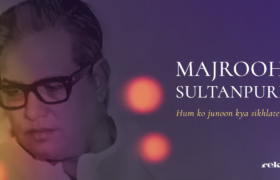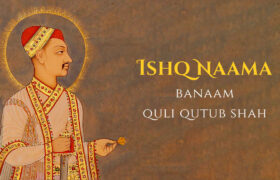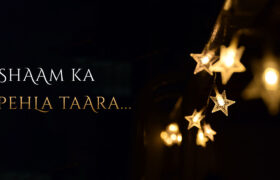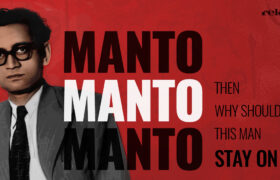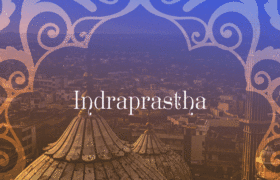Hum ko junoon kya sikhlatey ho
Majrooh Sultanpuri: Classicist, Romanticist, Humanist!
Majrooh Sultanpuri was one such poet who drew upon both and blended them together with distinction. He was a classicist in style and a romanticist in disposition. In addition, he was a humanist — a humanist at core.









